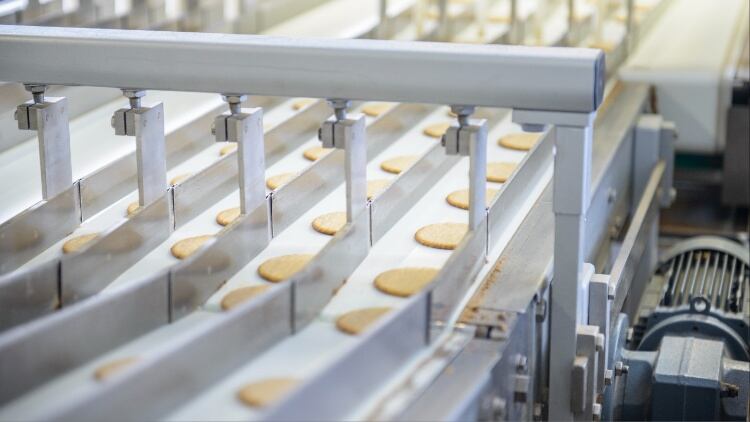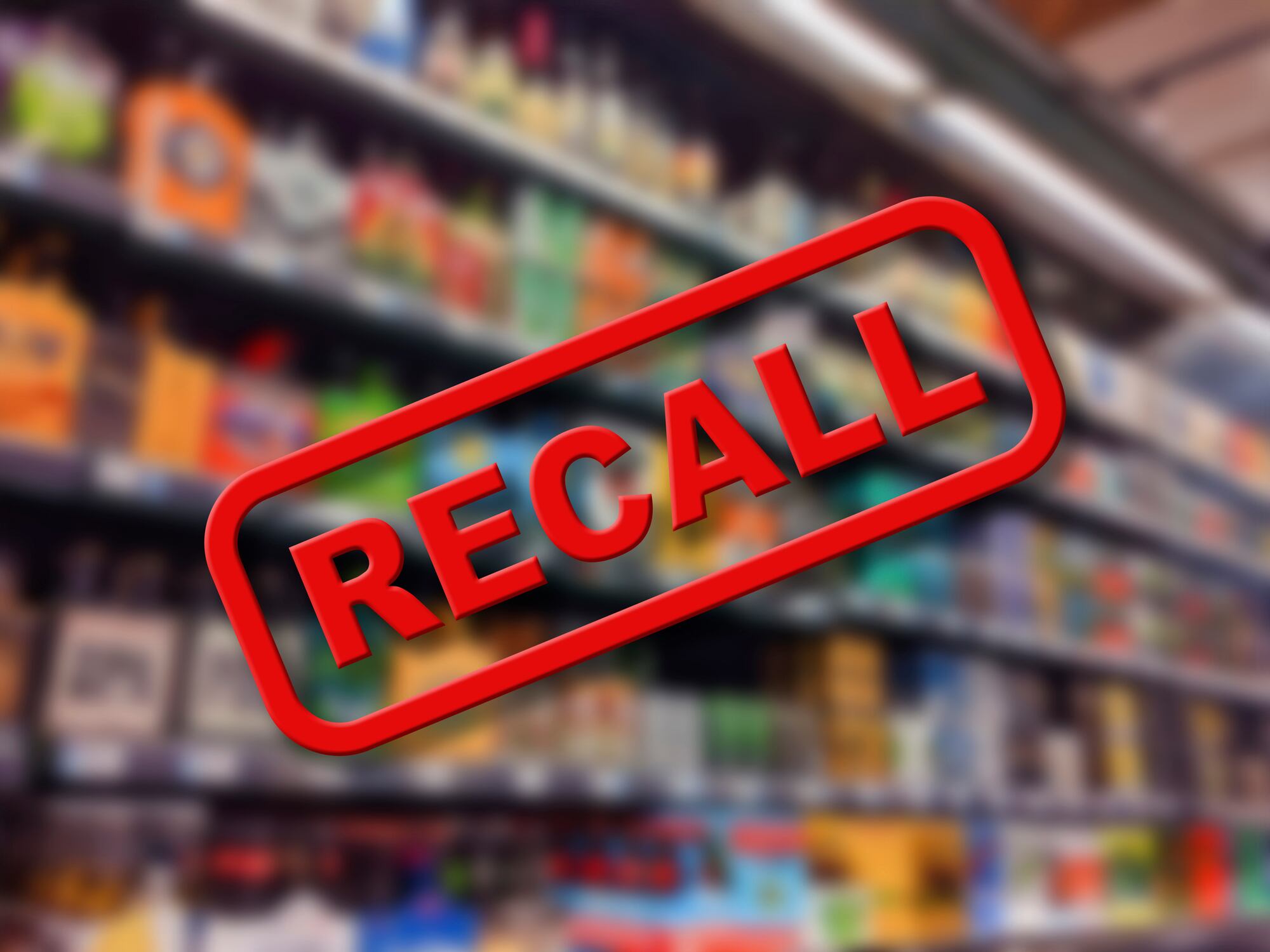It’s no secret that operational efficiency is paramount to the food and beverage industry and any potential downtime must be avoided. Currently, it’s estimated that food and beverage manufacturers lose around £180bn annually to downtime, accounting for 20% of their working time.
Downtime not only delays product delivery but also negatively impacts the bottom line and overall customer satisfaction and loyalty.
In a time where 40% of food is going to waste, it is also important to ensure that avoidable faults in supply chains aren’t contributing to this - and that operations are as energy efficient, and therefore eco-friendly, as possible.
During the manufacturing process, it’s crucial to make sure your pump system is functioning efficiently to avoid downtime – from choosing the right type of pump to begin with, to ensuring maintenance is undertaken regularly.
The critical role of pumps in the food and beverage industry
From the float switch and control systems, to valves and pressure vessels, pump components play an important role in food and beverage supply chains.
They remove waste, dose in fixed quantities and transfer ingredients - all of which are vital to the production of a food or drink product. Avoiding pump failures is a priority for manufacturers to prevent delays to the product reaching the end-user.
Pump downtime can be caused by several factors, such as mechanical seal failures, ageing equipment, or by using unsuitable pumps for specific temperatures and viscosities.
Mechanical seal failures are frequent in the industry due to the thick or sticky materials which need to be processed over time - the excessive heat from pumping these materials can lead to the seal degrading. Using ageing equipment is risky because it's prone to breakdowns and inefficiencies.
Aside from delays, pump failures also raise concerns for hygiene and sanitation, which is crucial when handling high-risk products like food and drinks. Maintaining a high standard of hygiene prevents contamination, and when pumps work inefficiently or break there is a risk of bacterial growth and foreign materials entering the production process – leading to health risks for consumers.
Tackling the risk of downtime
Owing to the diversity in processing of products and complex specialised equipment used, there is no ‘one-size-fits-all’ solution to minimising the risk of downtime due to pumps. Instead, a tailored approach must be taken that accounts for what is being produced.
To address the factors that cause pump failure, a full pump troubleshooting and fault-finding investigation should be taken to get to the root cause. This investigation can determine whether or not there are any seal failures, if the equipment needs replacing, and if the system is functioning as efficiently as it could.
Then, by working with a team of experts, arrangements can be made to replace the pumps and systems accordingly. As food and beverage manufacturers handle high-risk products, pumps must be selected and designed to handle a range of temperatures and viscosities to prevent overheating, cavitation and flow disruptions.
Take, for example, a leading UK-based European food supplier we’ve worked with. They were operating a belt-driven rotor jet pump on their washdown sets, but it had reached the end of its operating life.
Instead of simply replacing the pump, our team of experts conducted a full site visit to work on a bespoke solution for the complex washdown system. Implementing the latest energy-efficient technology, the result was a reduction in repairs, time and cost.
We know that downtime can cost a company millions, so we installed it at the weekend to minimise disruption.
Investing in reduced risk
Investing in modern pump technology - featuring remote monitoring - and proactive maintenance practices will allow professionals to monitor pump performance in real-time, identifying issues before they escalate into problems.
While there may be short-term disruption to the product line, the long-term return on investment negates this when considering the profits food and beverage manufacturers are already losing because of recurrent downtime.
By seeking out technical advice, businesses in the food and beverage industry can get a better understanding of the potential of pump failures, as well as ways to minimise the risk.
In other news, a study has found that removing agricultural pesticides from fruits may require more than rinsing.




